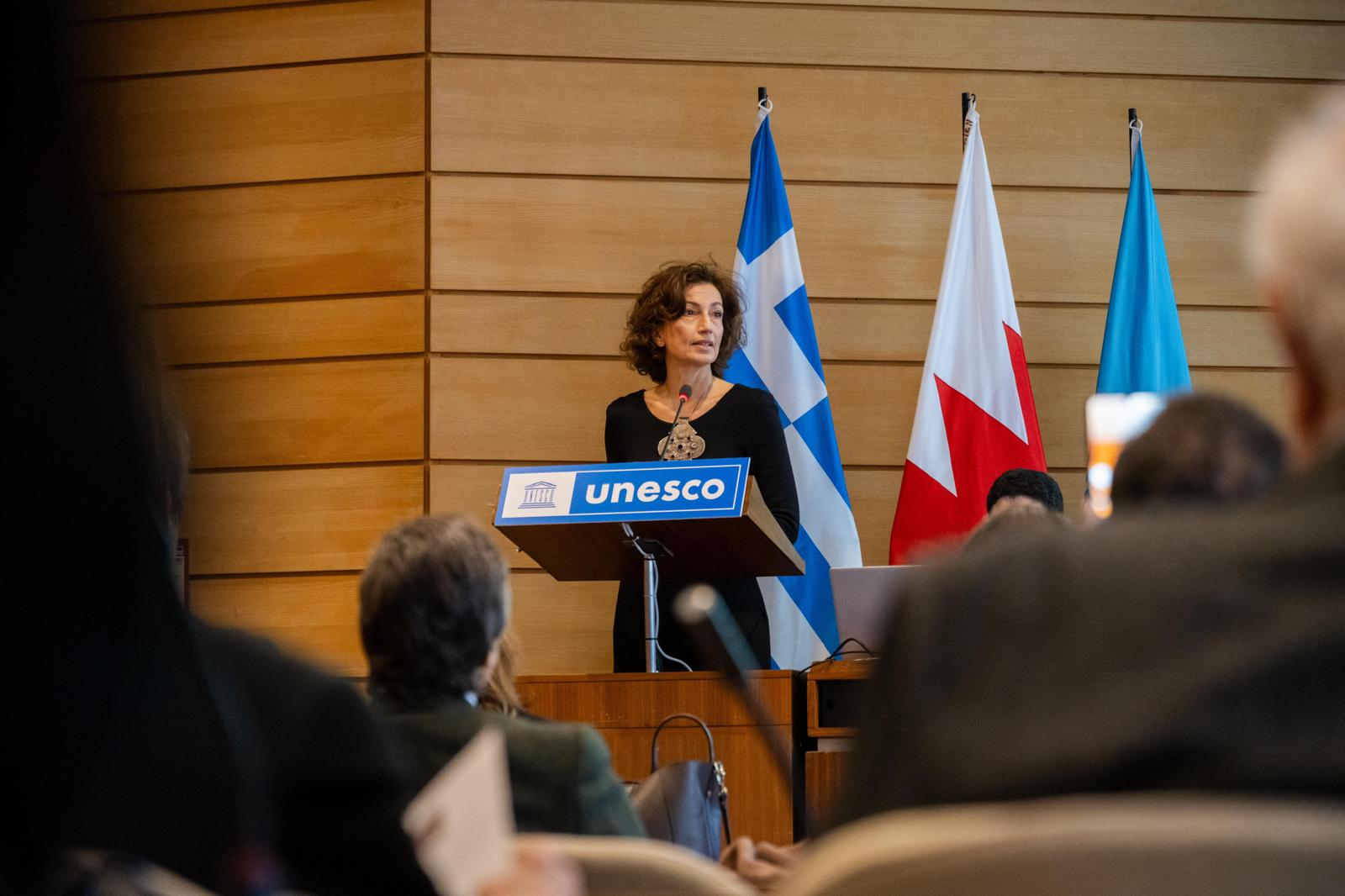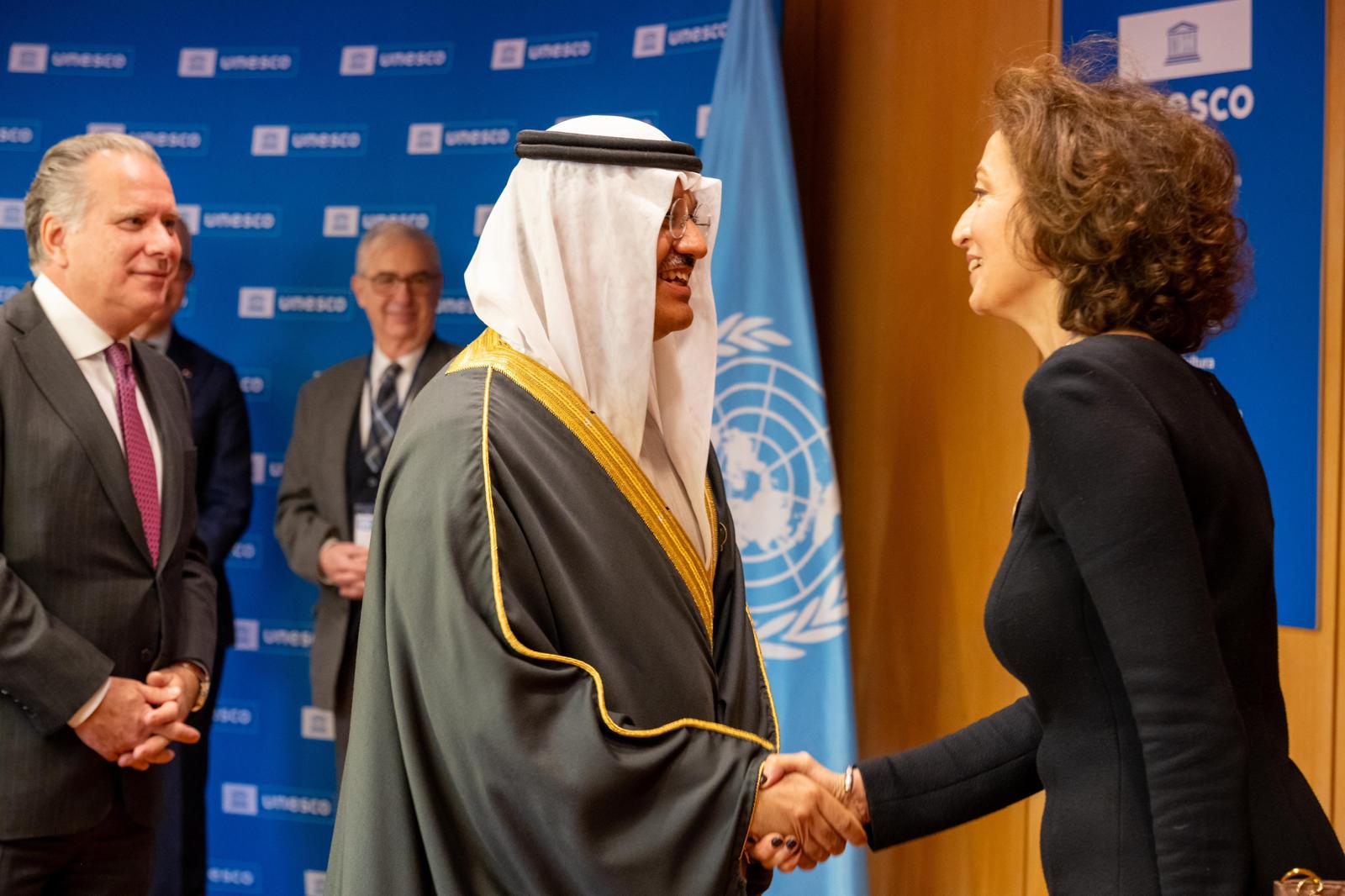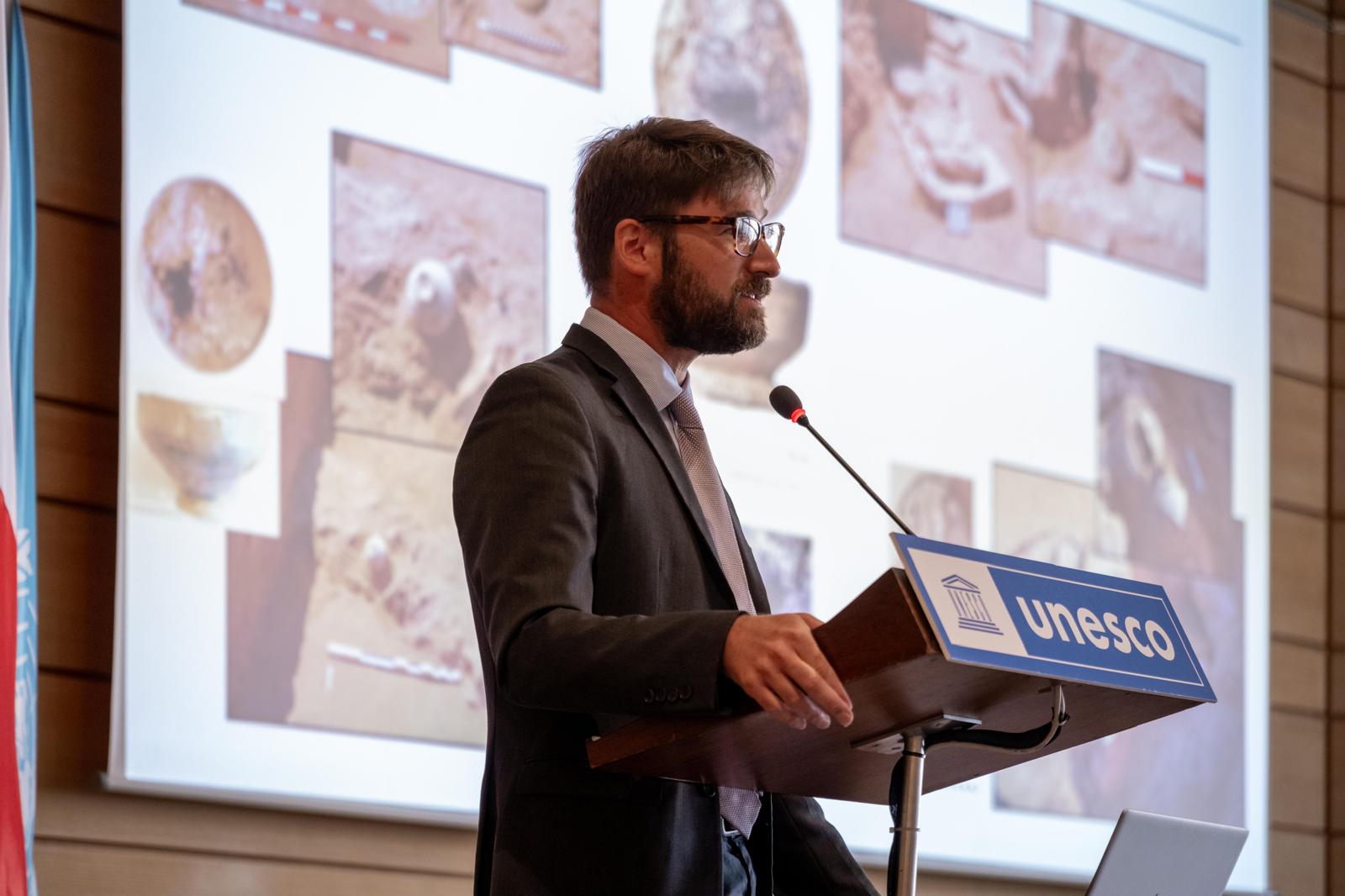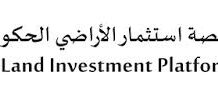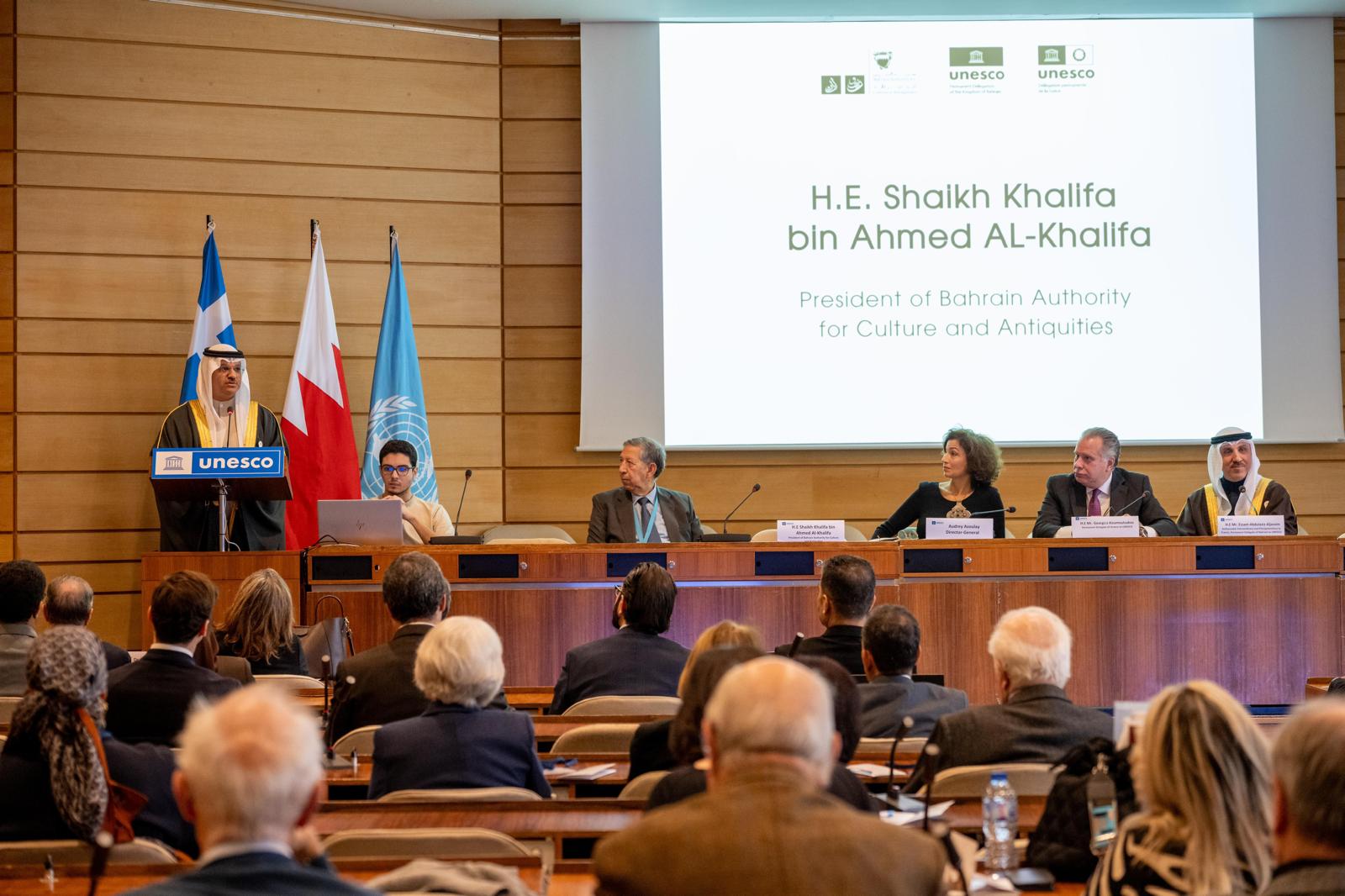 Bahrain:-More than two thousand years ago, the ships of Alexander the Great docked on the shores of Bahrain, discovering an archipelago described by ancient historians as a paradise of greenery and a thriving society, teeming with life. New explorers named it Tylos, a distorted form of the name of an earlier civilisation that had existed for thousands of years, known as Dilmun or Tilmun. This land would go on to become a hub of trade and culture in the Hellenistic world.Today, this fascinating era of the region’s history, with all its traces and tales, has been brought back into the spotlight through the symposium “The Culture of Tylos: Hellenistic Archaeology in Bahrain.” Held on Tuesday 26 November 2024 at the UNESCO headquarters in Paris, the event was organised by the Bahrain Authority for Culture and Antiquities and the Greek Ministry of Culture, in cooperation with the Permanent Delegations of Bahrain and Greece to UNESCO, as well as the embassies of both countries in Paris.The symposium was attended by His Excellency Shaikh Khalifa bin Ahmed bin Abdullah Al Khalifa, President of the Bahrain Authority for Culture and Antiquities; Ms Audrey Azoulay, Director-General of UNESCO; His Excellency Mr Essam Abdulaziz Al-Jassim, Ambassador of Bahrain to Paris and Permanent Delegate of Bahrain to UNESCO; and His Excellency Georgios Koumoutsakos, Permanent Delegate of Greece to UNESCO.On this occasion, His Excellency Shaikh Khalifa bin Ahmed bin Abdullah Al Khalifa remarked, “This symposium on the Tylos civilisation aligns with our vision to elevate Bahrain’s monumental position as a cultural, tourist, and economic hub, bringing together diverse civilisations.” He added, “By highlighting the deep historical ties between Bahrain and the Greek world, we reaffirm the importance of culture in building bridges of international cooperation. The rich history of Tylos is not only part of our past but serves as an inspiration for the present and the future.”His Excellency expressed his sincere thanks to all those who contributed to the success of the symposium. He extended particular gratitude to UNESCO for hosting this international event at its headquarters, a venue of global significance that serves as a platform for cultural dialogue and the promotion of shared human values. He emphasised that holding the symposium in this distinguished venue underscores the importance of cooperation in understanding the shared history between peoples and highlights Bahrain’s commitment to collaborating with international partners, foremost among them UNESCO, to preserve and enhance cultural heritage as a means of fostering understanding and communication.Ms. Azoulay commended the symposium for its focus on fostering cultural connections and promoting dialogue among civilizations under UNESCO’s mission to safeguard and preserve world heritage. She highlighted Bahrain’s unique historical significance as a land that has hosted diverse civilizations, from the Dilmun and Tylos eras, and noted its remarkable achievement of having three UNESCO World Heritage Sites. Ms. Azoulay expressed her gratitude to the Kingdom of Bahrain and Greece for organizing this important cultural event and wished the symposium success in achieving its goals of bringing cultures and civilizations together.Mr. Georgios Koumoutsakos underscored the importance of initiatives like this symposium in today’s world, emphasizing the need for platforms that bring together the Arab world and Europe to foster mutual understanding and collaboration. He extended his appreciation to all those who contributed to the organization of this significant event.The symposium was moderated by Mr Rashad Faraj, Director of the Arab Regional Centre for World Heritage, and featured a panel of renowned international experts in the fields of archaeology, Hellenistic history, and cultural anthropology. Dr Pierre Lombard, honorary researcher at the National Centre for Scientific Research and former director of the French Archaeological Mission in Bahrain, discussed Tylos as a prime example of Hellenistic influence in the Gulf. Dr Sophia Zoumbaki, Research Director at the Department of Greek and Roman Antiquity of the National Research Foundation, explored the cultural and economic relations between Tylos and the broader Greek world. Dr Pierre-Louis Gatier, Research Director at the National Centre for Scientific Research, shed light on Greek inscriptions discovered in Bahrain. Dr Julien Cuny, Curator at the Louvre Museum, presented the Tylos necropolis of Abu Saiba in Bahrain and its archaeological significance.The international symposium on Tylos provided a unique opportunity to explore a distinctive chapter in the cultural and economic history of the kingdom, which served as a meeting point between East and West during the Hellenistic period. For centuries, Bahrain was a vibrant commercial and cultural centre, connected by complex networks of global trade extending from Syria and Egypt to India. The discovery of burial mounds in northern Bahrain offered archaeologists a unique opportunity to examine artefacts, jewellery, and pottery inspired by both local and Hellenistic traditions, reflecting a cultural fusion that continues to echo to this day.The symposium also addressed the Greek inscriptions discovered in Bahrain, providing tangible evidence of the deep cultural interaction between the island and the Hellenistic world, alongside an examination of burial traditions that blended local characteristics with Hellenistic influences. Furthermore, it explored the economic relations between Tylos and the Greek world, where the pearling trade flourished, cementing its position as a major global trading hub.
Bahrain:-More than two thousand years ago, the ships of Alexander the Great docked on the shores of Bahrain, discovering an archipelago described by ancient historians as a paradise of greenery and a thriving society, teeming with life. New explorers named it Tylos, a distorted form of the name of an earlier civilisation that had existed for thousands of years, known as Dilmun or Tilmun. This land would go on to become a hub of trade and culture in the Hellenistic world.Today, this fascinating era of the region’s history, with all its traces and tales, has been brought back into the spotlight through the symposium “The Culture of Tylos: Hellenistic Archaeology in Bahrain.” Held on Tuesday 26 November 2024 at the UNESCO headquarters in Paris, the event was organised by the Bahrain Authority for Culture and Antiquities and the Greek Ministry of Culture, in cooperation with the Permanent Delegations of Bahrain and Greece to UNESCO, as well as the embassies of both countries in Paris.The symposium was attended by His Excellency Shaikh Khalifa bin Ahmed bin Abdullah Al Khalifa, President of the Bahrain Authority for Culture and Antiquities; Ms Audrey Azoulay, Director-General of UNESCO; His Excellency Mr Essam Abdulaziz Al-Jassim, Ambassador of Bahrain to Paris and Permanent Delegate of Bahrain to UNESCO; and His Excellency Georgios Koumoutsakos, Permanent Delegate of Greece to UNESCO.On this occasion, His Excellency Shaikh Khalifa bin Ahmed bin Abdullah Al Khalifa remarked, “This symposium on the Tylos civilisation aligns with our vision to elevate Bahrain’s monumental position as a cultural, tourist, and economic hub, bringing together diverse civilisations.” He added, “By highlighting the deep historical ties between Bahrain and the Greek world, we reaffirm the importance of culture in building bridges of international cooperation. The rich history of Tylos is not only part of our past but serves as an inspiration for the present and the future.”His Excellency expressed his sincere thanks to all those who contributed to the success of the symposium. He extended particular gratitude to UNESCO for hosting this international event at its headquarters, a venue of global significance that serves as a platform for cultural dialogue and the promotion of shared human values. He emphasised that holding the symposium in this distinguished venue underscores the importance of cooperation in understanding the shared history between peoples and highlights Bahrain’s commitment to collaborating with international partners, foremost among them UNESCO, to preserve and enhance cultural heritage as a means of fostering understanding and communication.Ms. Azoulay commended the symposium for its focus on fostering cultural connections and promoting dialogue among civilizations under UNESCO’s mission to safeguard and preserve world heritage. She highlighted Bahrain’s unique historical significance as a land that has hosted diverse civilizations, from the Dilmun and Tylos eras, and noted its remarkable achievement of having three UNESCO World Heritage Sites. Ms. Azoulay expressed her gratitude to the Kingdom of Bahrain and Greece for organizing this important cultural event and wished the symposium success in achieving its goals of bringing cultures and civilizations together.Mr. Georgios Koumoutsakos underscored the importance of initiatives like this symposium in today’s world, emphasizing the need for platforms that bring together the Arab world and Europe to foster mutual understanding and collaboration. He extended his appreciation to all those who contributed to the organization of this significant event.The symposium was moderated by Mr Rashad Faraj, Director of the Arab Regional Centre for World Heritage, and featured a panel of renowned international experts in the fields of archaeology, Hellenistic history, and cultural anthropology. Dr Pierre Lombard, honorary researcher at the National Centre for Scientific Research and former director of the French Archaeological Mission in Bahrain, discussed Tylos as a prime example of Hellenistic influence in the Gulf. Dr Sophia Zoumbaki, Research Director at the Department of Greek and Roman Antiquity of the National Research Foundation, explored the cultural and economic relations between Tylos and the broader Greek world. Dr Pierre-Louis Gatier, Research Director at the National Centre for Scientific Research, shed light on Greek inscriptions discovered in Bahrain. Dr Julien Cuny, Curator at the Louvre Museum, presented the Tylos necropolis of Abu Saiba in Bahrain and its archaeological significance.The international symposium on Tylos provided a unique opportunity to explore a distinctive chapter in the cultural and economic history of the kingdom, which served as a meeting point between East and West during the Hellenistic period. For centuries, Bahrain was a vibrant commercial and cultural centre, connected by complex networks of global trade extending from Syria and Egypt to India. The discovery of burial mounds in northern Bahrain offered archaeologists a unique opportunity to examine artefacts, jewellery, and pottery inspired by both local and Hellenistic traditions, reflecting a cultural fusion that continues to echo to this day.The symposium also addressed the Greek inscriptions discovered in Bahrain, providing tangible evidence of the deep cultural interaction between the island and the Hellenistic world, alongside an examination of burial traditions that blended local characteristics with Hellenistic influences. Furthermore, it explored the economic relations between Tylos and the Greek world, where the pearling trade flourished, cementing its position as a major global trading hub.